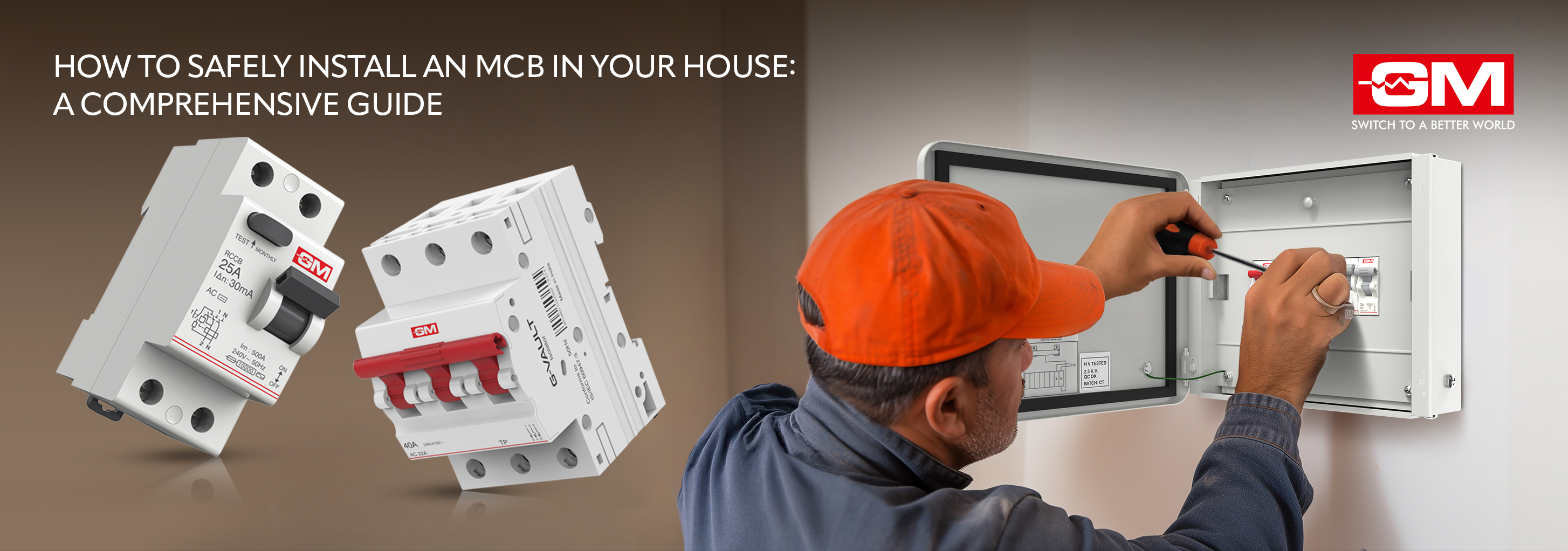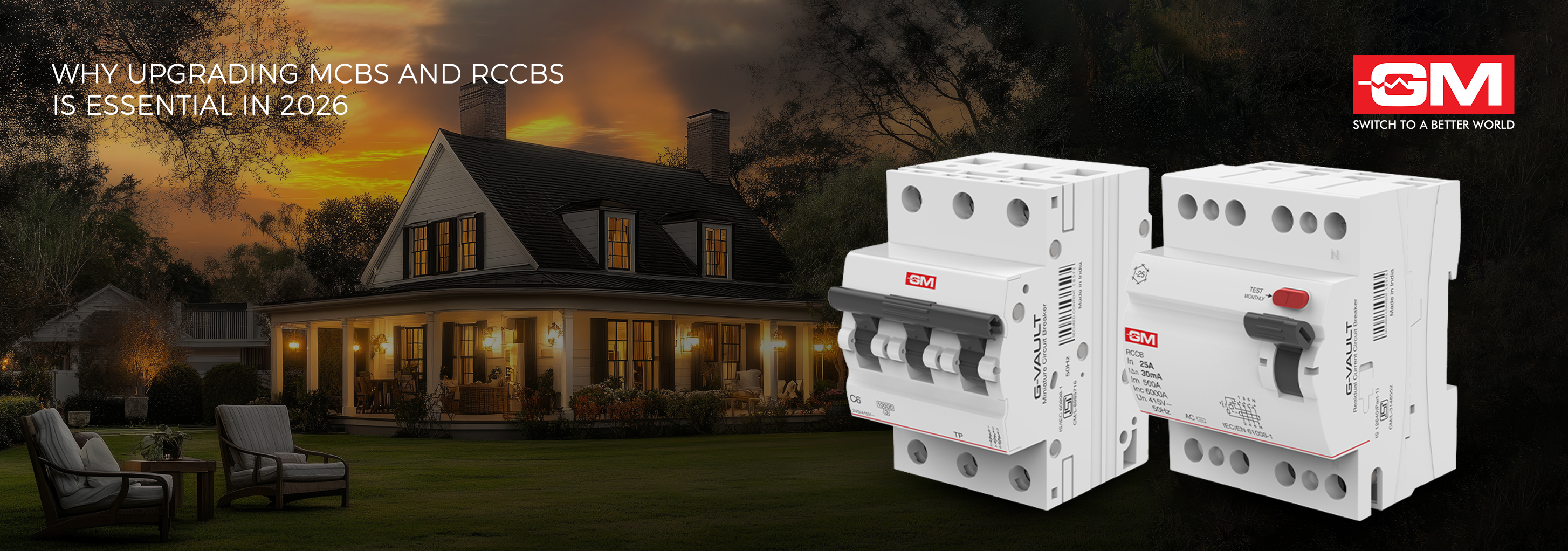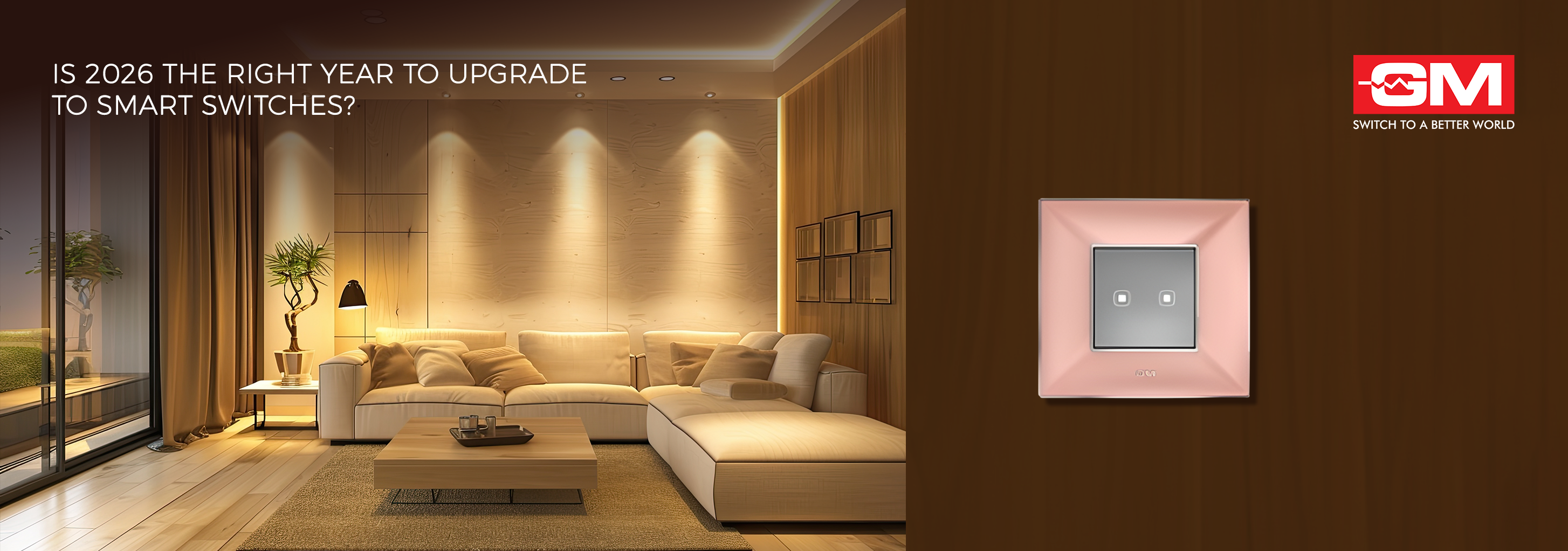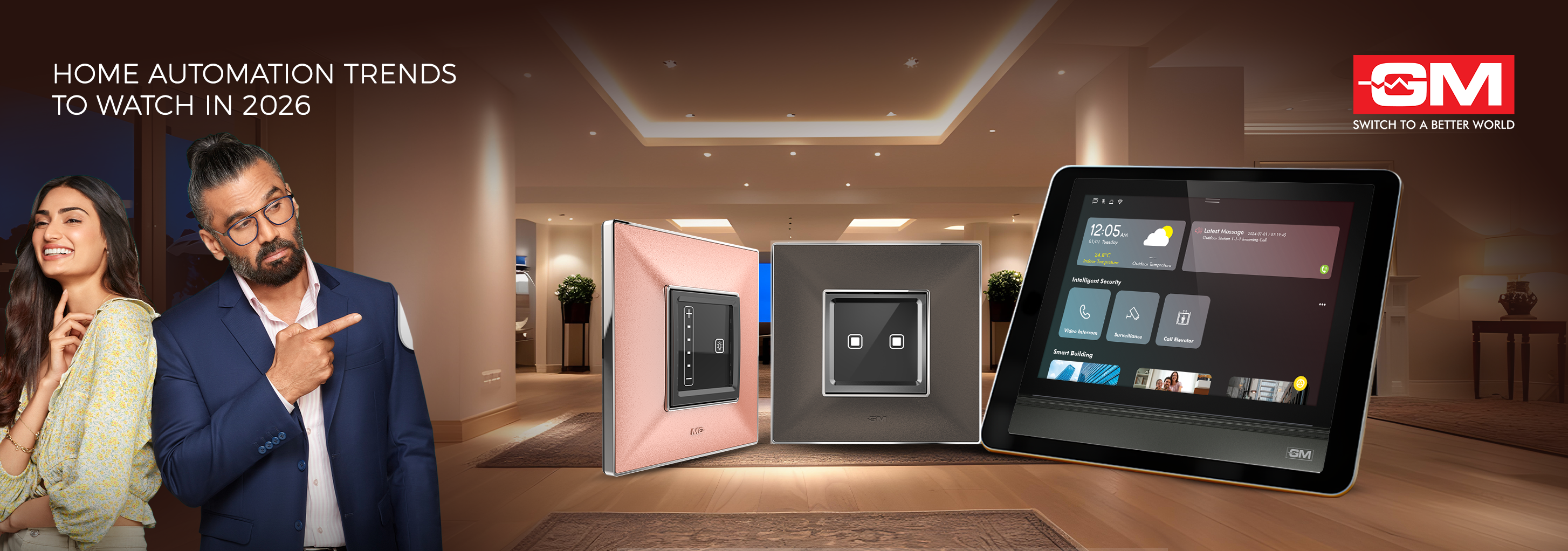Blog
How to Safely Install an MCB in Your House: A Comprehensive Guide
Updated on Apr 2025

Miniature Circuit Breakers (MCBs) are crucial components of your home's electrical system, providing essential protection against electrical overloads and short circuits. Installing an MCB correctly is vital for ensuring your electrical system's safety and efficiency. This detailed guide will walk you through the process of safely installing an MCB in your house, ensuring you're equipped to handle this important task with confidence.
Step 1: Understanding MCB Installation
Before learning how to install MCB boxes, it is important to understand what an MCB does. An MCB is designed to automatically switch off the electrical circuit during abnormal conditions like overloads or faults. This prevents damage to appliances and averts potential fire hazards.
Step 2: Choosing the Right MCB
Selecting the right mcb box fitting is crucial for optimum safety and performance. You need to consider the current rating, voltage rating, and the number of poles required based on the devices and appliances in your home. For instance, a single-pole MCB is typically used for residential lighting circuits, while a double-pole is used for heavier appliances. We at GM Modular offer a wide range of MCBs tailored for different applications, ensuring that you can find the perfect match for your needs.
Step 3: Preparing for Installation
Safety First! Always turn off the main power supply at the meter before starting mcb box installation. Verify that the power is off using a voltage tester and wear appropriate safety gear like insulated gloves and protective eyewear.
Step 4: Preparing the Distribution Board (DB)
Locate your home's distribution board, which houses the circuit breakers. Ensure there is enough space for the new MCB; if not, you may need to reorganise or upgrade the board. Clean and prepare the area where the MCB will be installed, removing any dust or debris that could affect the connections.
Step 5: Wiring the MCB
Installation involves several key steps such as:
- Securely mounting the MCB for home in the designated slot on the distribution board.
- Preparing for wiring an MCB. Simply strip the insulation off the ends of the wires using a wire stripper. You will typically deal with a live wire (red or brown) and a neutral wire (blue or black).
- Connecting the wires for a secure connection. All you have to do is attach the live wire to the MCB’s live terminal and the neutral wire to the neutral bar on the board. Ensure all connections are tight and secure to prevent any potential electrical faults.
Step 6: Testing the MCB
Once the MCB is installed and all connections have been made:
- Replace the distribution board cover.
- Turn on the main power supply.
- Activate the newly installed MCB by switching it on; this should power up the connected circuit.
- Use a voltage tester to check the circuit at various points to ensure it is live and functioning correctly. This step confirms that the MCB is properly installed and provides the necessary protection.
Step 7: Final Steps
Label the new MCB clearly on the distribution board. This aids in future maintenance or emergencies when you need to identify the correct breaker quickly. It is also advisable to update your home's electrical schematic diagrams to reflect the new installation.
Installing an MCB is a critical task that enhances the safety and functionality of your home's electrical system. By following these detailed steps, you can ensure a safe installation, protecting your home from electrical hazards. If you are unsure about any steps or if the installation seems complex, do not hesitate to contact a professional electrician. Remember, working with electricity requires caution, and safety should always be your top priority.
Curious about which MCB suits your needs? Read our blog on different types of MCBs and their uses to make an informed choice.
Related Blogs

Why Upgrading MCBs and RCCBs Is Essential in 2026
Picture this: you're hosting a family dinner, the air conditioner is running, the induction cooktop is on full blast, and someone plugs in the mixer grinder. Suddenly, everything goes dark. If this scenario feels familiar, your home's electrical prot
Read More
Why LED Lighting Will Be the Standard for Homes in 2026
Modern residential illumination in 2026 is defined by the strategic integration of LED strip lights. By providing a soft, indirect glow that avoids the harshness of traditional tubes, these solutions allow Indian homeowners to achieve a sophisticated
Read More
Is 2026 the Right Year to Upgrade to Smart Switches?
Picture this: you are already running late for work, and halfway to the office, a nagging thought strikes—did you turn off the bedroom AC? Now imagine resolving that worry with a single tap on your phone. This is not a distant dream anymore. Sm
Read More
Home Automation Trends to Watch in 2026
Imagine walking into your home after a long day. The lights adjust to your preferred evening setting, the fan speeds up to counter the summer heat, and your favourite playlist begins softly in the background. No buttons pressed, no commands spoken. T
Read More